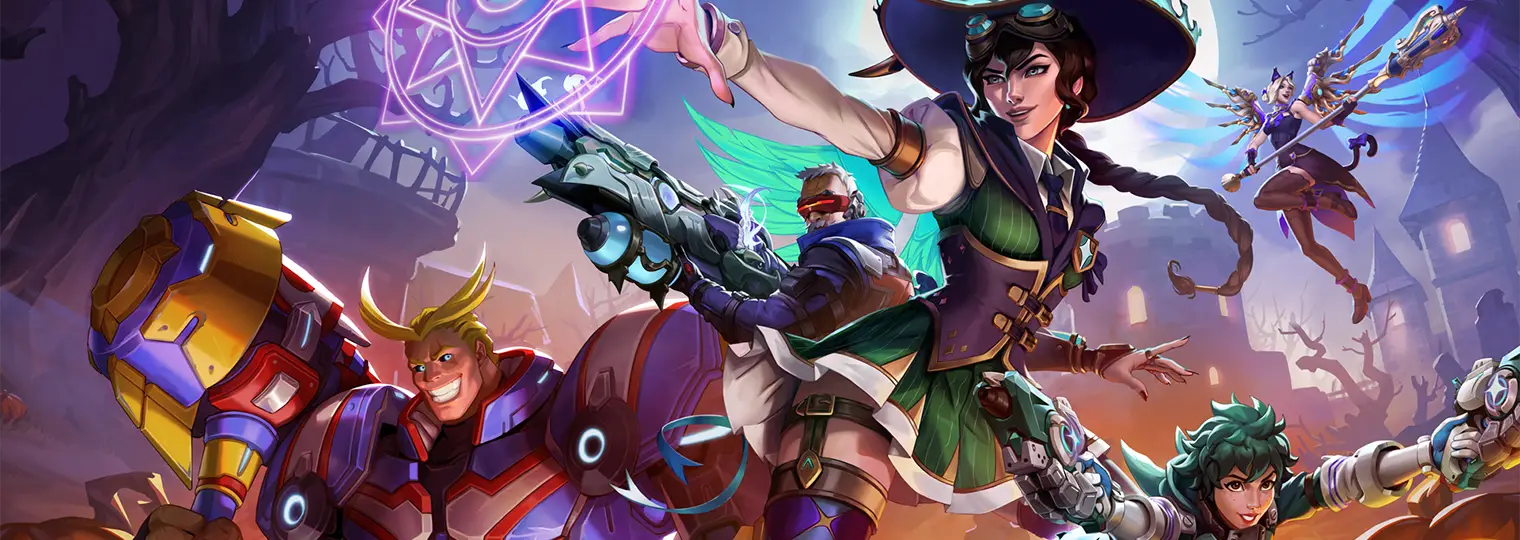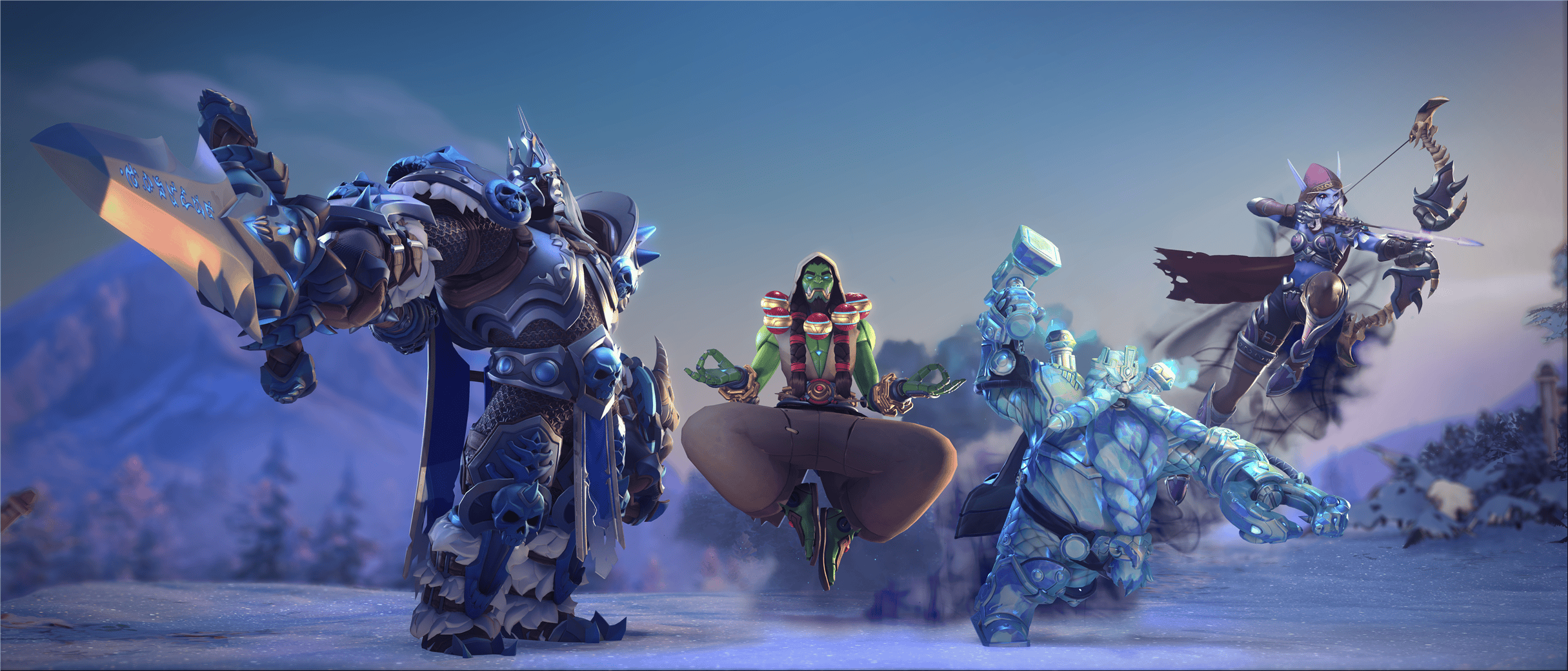Note: This is a guest post written by Tad Crane – Trading CS: GO skins with other players, frequently for real-world money, entails exchanging skins. Rarity and condition affect a skin’s value, and certain skins can be valued at hundreds or even thousands of dollars. Trading can be done on a venue, including forums, trading websites, and in-game trading. Use trustworthy and secure platforms for trading, and exercise caution. The number of skins on the market and player desire for them both affects a skin’s rarity. The trade cs skins is far more work than simply selling skins, but it’s a terrific opportunity to meet people in the lobby and join some fantastic groups.

About CS: GO Skin Trading
Trading skins is a much faster way to gain money, but it requires considerably more finesse. Learning about market trends and niches, understanding what collectors are seeking, and joining vibrant trade networks are all necessary for trading. Finding the ideal approach to trade entails using rinse-and-repeat strategies, such as buying products at a discount and selling them for a profit to collectors or in exchange for a more expensive item that you may sell to another collector. The value of skins can change drastically due to supply and demand in the CS: GO skin market. Skins can be acquired in a way, including cases, in-game drops, and player trade.
Gained cosmetics from the game
Skins are in-game cosmetic accessories for CS: GO that can be acquired through play or purchased. These skins are made to give the game’s characters and weapons a unique and different appearance from how they seem in their stock form. In CSGO, skins are available, including those for gloves, knives, and weapons.
Trading among players
A player can trade CSGO skins with another player. Players can swap skins within CSGO without using real money credits in the trading system. Players can use the market or third-party websites to locate and trade skins. The trade cs skinsare priced based on their market demand, quality, and scarcity. Trading skins that have value in the thousands of dollars can be a successful business for players.
Upgrading of grades
The quality and rarity of CS: GO skins are rated. How effectively it is created and how intricately the textures are developed depends on the quality of the skin. The skin’s accessibility in the game affects how rare it is. Consumer-grade, industrial-grade, mil-spec, restricted, classified, and covert are the six categories of CSGO skins. Consumer-grade and low-value skins are more prevalent than hidden skins, which are rare and expensive.
The game of chance
Skins for CS: GO can be used for gambling. Players can place skin bets on the results of sports or professional contests on a website. Controversial in nature, skin gambling has prompted regulatory sanctions against several websites.
Encourages professional athletes
CSGO skins are accustomed to backing renowned athletes and groups. The CS: GO Major Championship Viewer Pass is a feature that Value Corporation introduced that enables players to buy a pass that grants them access to content relating to professional CSGO competitions. The proceeds from the sale of these passes go towards supporting the competing teams and athletes.
Skins can contribute to the cause
CSGO skins are accustomed to contributing to good causes. Value Corporation has launched several in-game occasions and campaigns that let gamers support charities by buying particular skins or accessories. Significant funds have been raised for numerous charitable organizations through these efforts.
Customising the game
CSGO skins can alter the game. Players can upload their skins to the Workshop. Other players will be able to use their skin in the game if it is approved. It enables gamers to express their creativity and give back to the neighbourhood.






